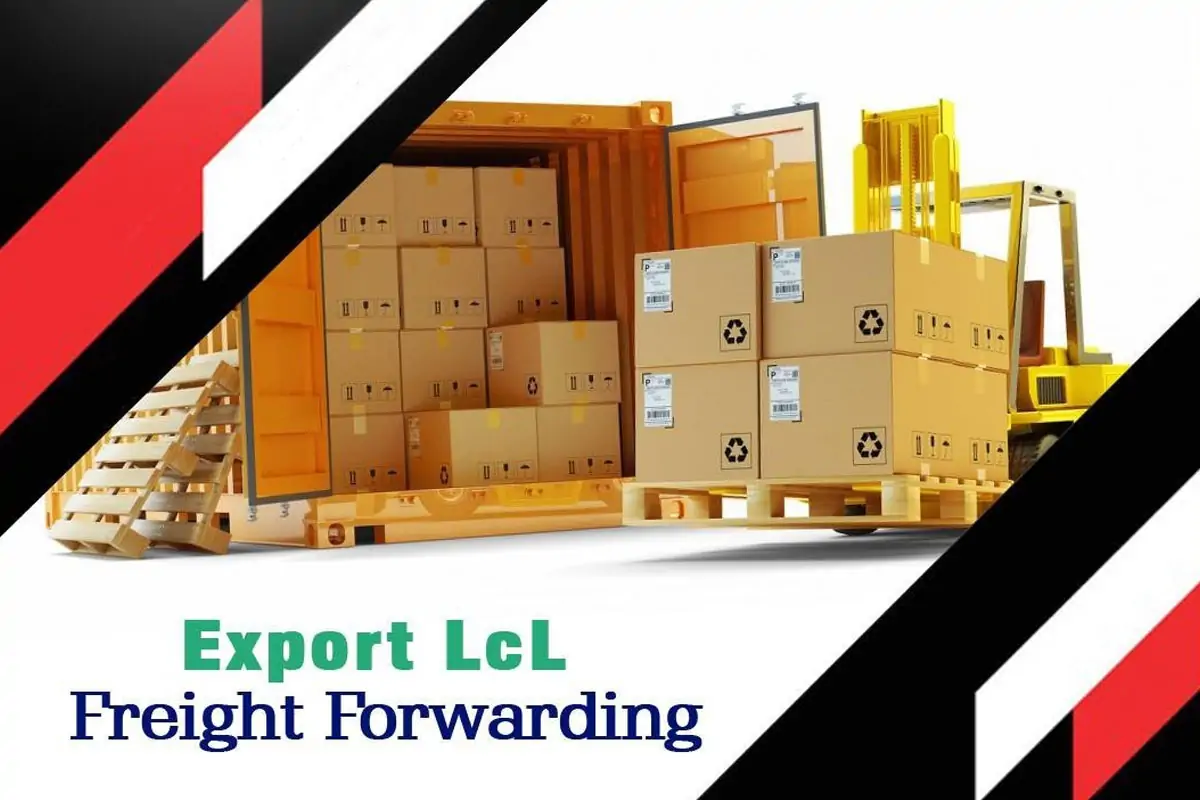Freight Rates For LCL Export in India
LCL export freight refers to the shipment of goods that do not fill an entire shipping container. Instead, multiple shipments from different exporters are consolidated into a single container, with each shipper paying only for the space they occupy. This method is commonly used for smaller cargo volumes or shipments from multiple suppliers destined for the same location.Freight forwarders and carriers take measures to mitigate the risks associated with LCL export freight, such as cargo damage or loss during transit, further enhancing the reliability of this shipping option. In summary, LCL export freight provides exporters with a cost-effective, flexible, and reliable means of transporting goods internationally, facilitating their expansion into global markets while optimizing logistics operations.

Key Aspects of LCL Export Freight
- Cost-Effectiveness: LCL shipping allows exporters to share the cost of container space, making it a cost-effective option for shipping smaller volumes of goods. Shippers pay only for the space they use, reducing expenses compared to booking an entire container.
- Flexibility: LCL shipping offers flexibility in terms of shipment size and frequency. It allows exporters to send smaller quantities of goods as needed without the requirement of filling an entire container. This flexibility is particularly beneficial for businesses with varying shipment volumes or irregular shipping schedules.
- Global Reach: LCL export freight provides access to global markets by enabling exporters to ship goods to destinations worldwide. With regular sailings to major ports and extensive networks of freight forwarders and consolidators, LCL shipping offers connectivity to diverse regions and markets.
- Consolidation Services: Freight forwarders and consolidators play a crucial role in LCL export freight by consolidating multiple shipments into a single container. They handle the coordination, documentation, and consolidation process, streamlining logistics and simplifying the export process for shippers.
- Transit Time: While LCL shipping may involve multiple stops for loading and unloading cargo at different ports, leading to longer transit times compared to FCL (Full Container Load) shipping, it still offers reasonable transit times for most destinations. However, it’s essential for exporters to consider transit time when planning their shipments to ensure timely delivery.
- Packaging and Handling: Proper packaging and labeling of goods are essential in LCL export freight to ensure the integrity and security of shipments during transit. Shippers should package goods securely to withstand handling and consolidation processes, reducing the risk of damage or loss.
For more details please call us at +91-869-088-7751 or email sales@bluewaveslogistics.com
Request A Quote

